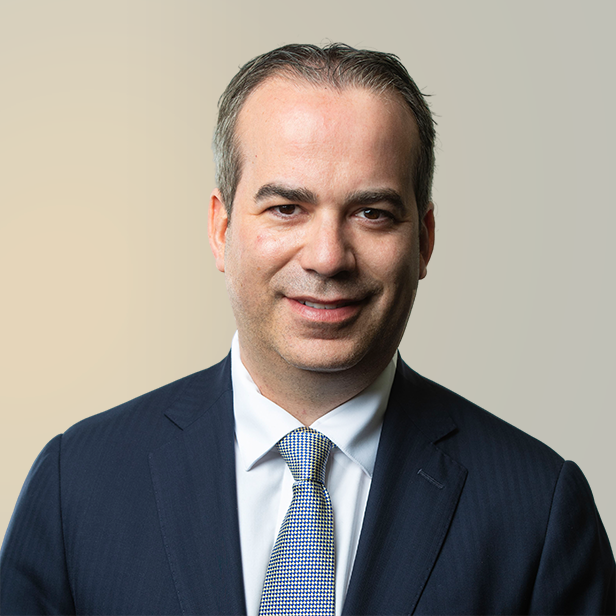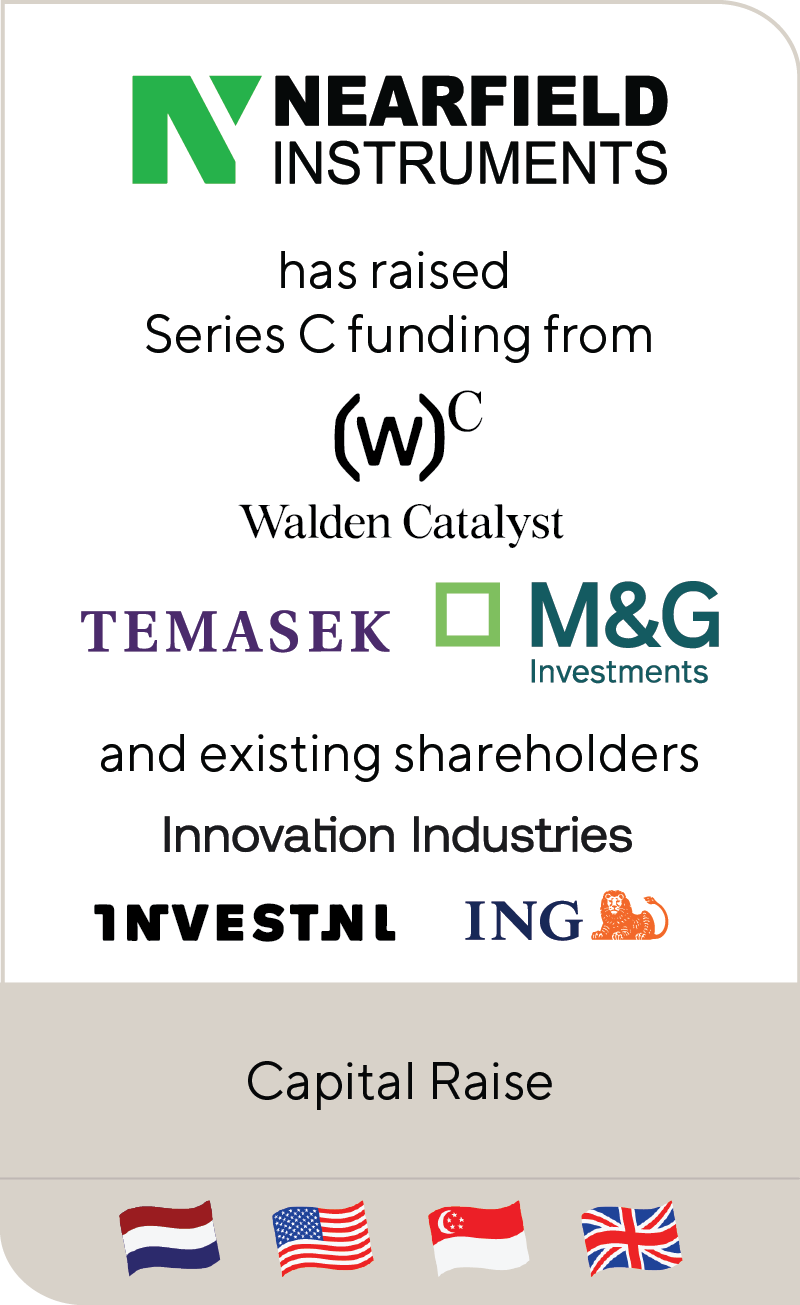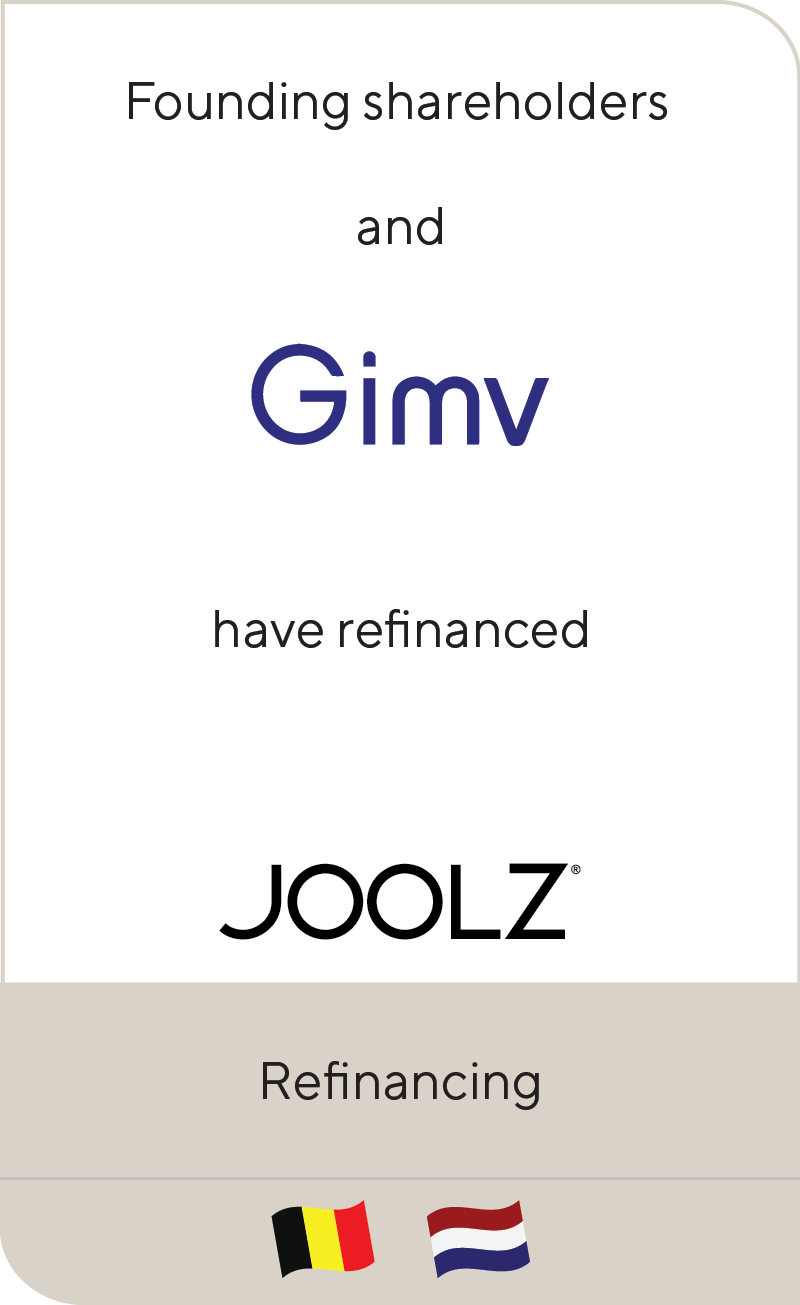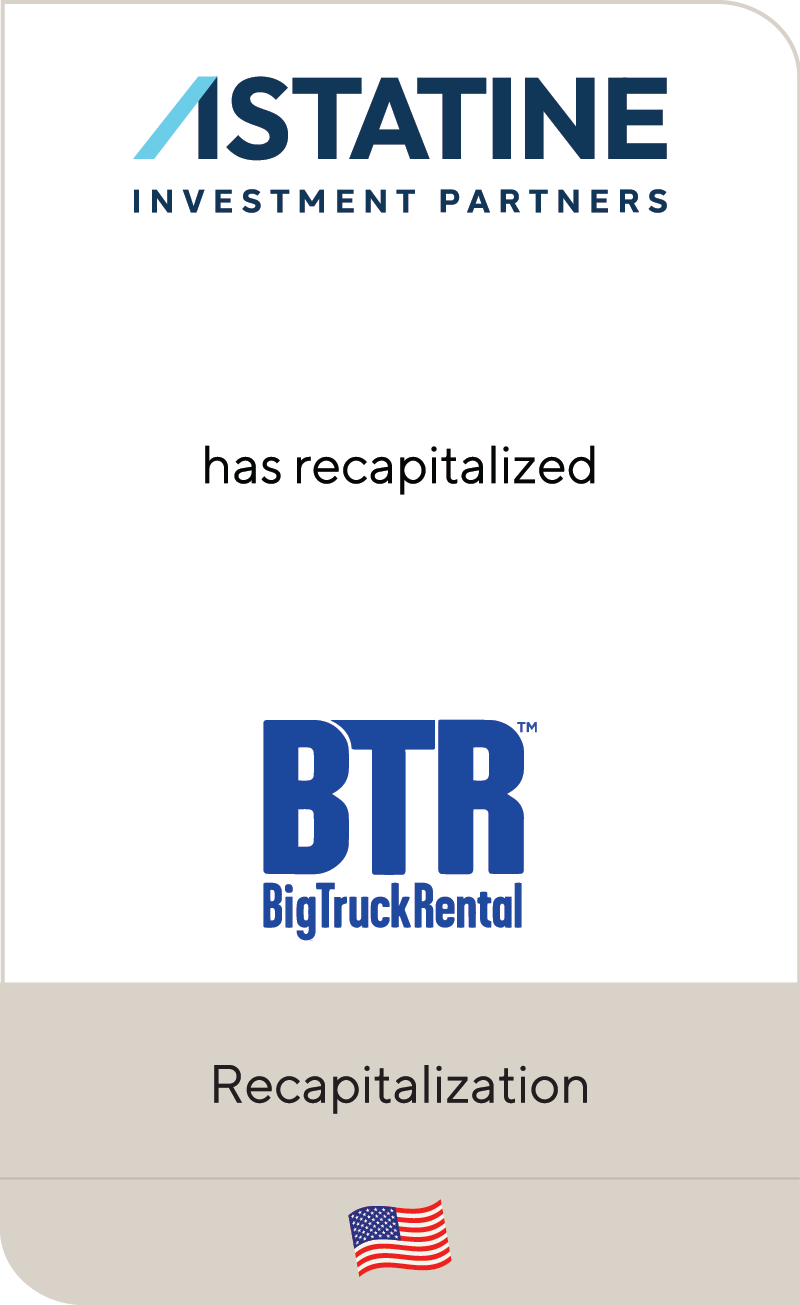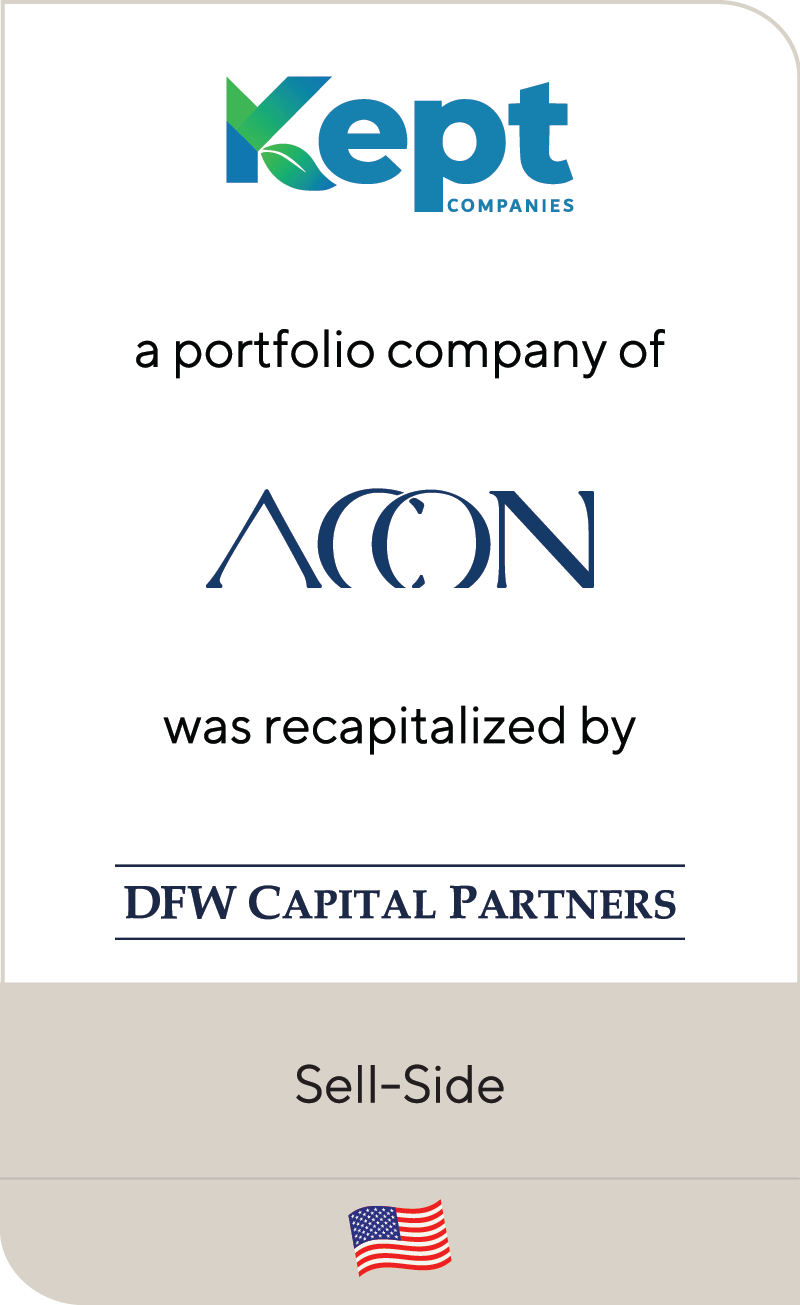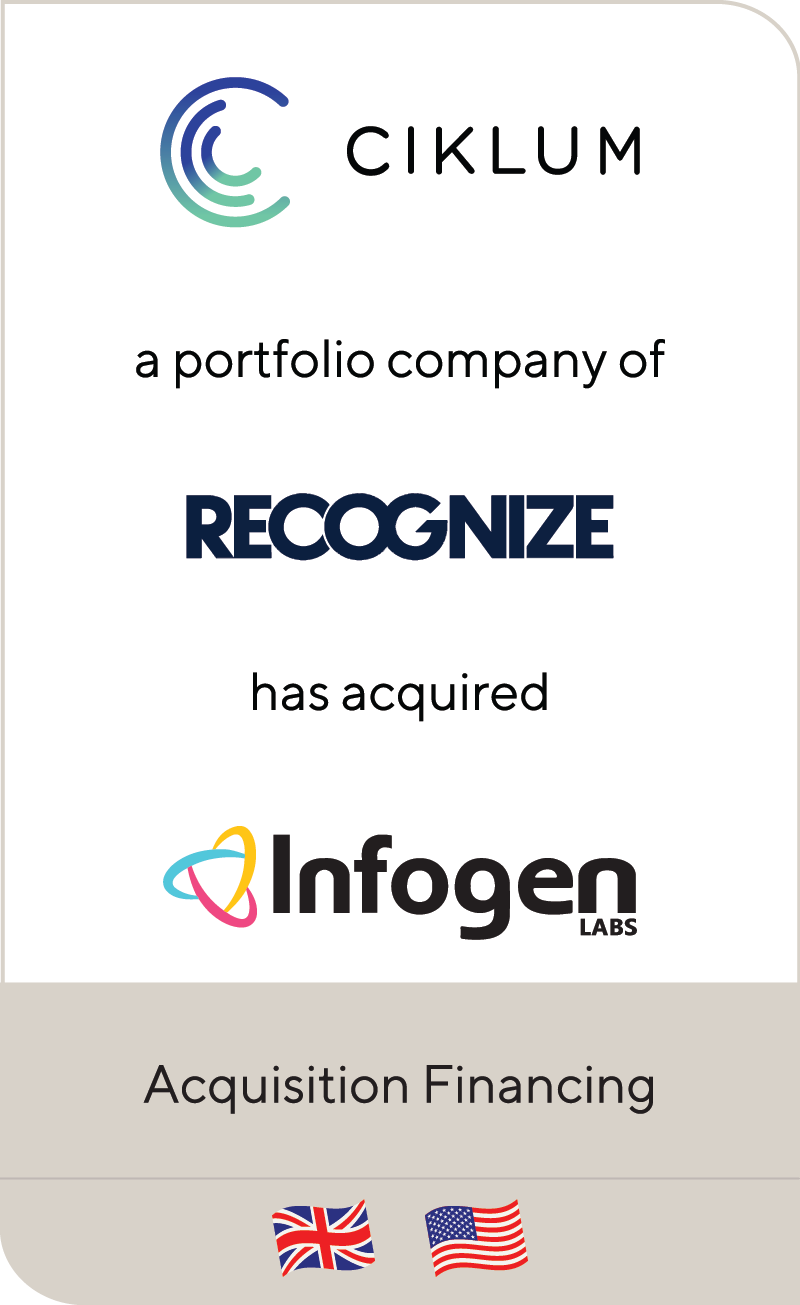Structured Capital Can Unlock Incremental Liquidity During Periods of Credit Market Uncertainty
Feb 2023
| Structured capital is a highly bespoke form of capital that bridges the gap between traditional debt and common equity. As traditional debt markets continue to traverse a period of uncertainty further evidenced by tighter market liquidity, widening spreads and increased transaction selectivity, structured capital solutions have various attributes which make it a potentially attractive option for incremental liquidity during a time of credit market uncertainty.
In our latest perspective, Lincoln International’s Capital Advisory Group experts explore the key characteristics of structured capital and how it can be an appealing alternative in the current environment both in the United States and Europe. |
Summary
-
Lincoln International provides an overview of structured capital and its potential benefits in uncertain credit markets.
- Click here to download a printable version of this perspective.
- Sign up to receive Lincoln's perspectives
What is Structured Capital?

Structured capital fits between traditional debt and common equity in the capital structure continuum and can be an attractive alternative to raising common equity when traditional debt options have been exhausted and incremental capital is needed. Structured capital investments have a higher cost of capital compared to traditional debt, but offer lower dilution than a common equity issuance. Structured capital investors are willing to accept a lower rate of return (vs. common equity) as a result of various features these securities provide. This can include receiving contractual payment in kind (PIK) interest or dividend payments (i.e., non cash), having a specified liquidation preference or having a defined maturity date.
Structured capital can be designed to include both debt-like and equity-like features, and can take the form of PIK notes, term debt with warrants, convertible debt or preferred equity. Debt-like securities typically seek total returns more heavily weighted towards fixed return components, while equity-like securities seek a more balanced combination of fixed return with equity upside. Structured capital transactions are highly bespoke, with key economic and structuring terms tailored to each unique fact pattern. The universe of structured capital investors is broad and includes debt-like security providers such as credit opportunity funds, insurance companies and pension funds. It also includes equity-like security providers such as family offices, dedicated structured equity funds and private equity firms with structured equity capabilities.
Lincoln Perspective
As traditional debt markets continue to traverse a period of uncertainty further evidenced by tighter market liquidity widening spreads and increased transaction selectivity, structured capital solutions have various attributes which make it a potentially attractive option for incremental liquidity during times of credit market uncertainty.
| Incremental Liquidity to Finance Strategic Initiatives
Utilizing structured capital to inject incremental liquidity into a business to continue executing on strategic initiatives is a possible alternative once traditional debt options have been exhausted. Whether the business has a robust pipeline of acquisition opportunities that need to be financed, requires growth capital to expand operations or has near-term liquidity issues due to financial hardship, all these scenarios can be solved with structured capital. Additionally, structured capital providers have a higher risk tolerance and are willing to go deeper in the capital structure than traditional debt lenders. |
| Access Capital That Can Be Structured With No Cash Interest
The highly bespoke nature of structured capital provides the opportunity to structure securities with PIK-only interest (i.e., no cash pay), while still maintaining the return profile that structured capital providers require. As a result, businesses can maintain free cash flow while still injecting incremental liquidity into the business. Further, utilizing structured capital may even result in an increase in free cash flow and a deleveraging event (in the eyes of a senior lender) if the structured capital is used to reduce cash interest-bearing traditional debt. |
| Avoid Triggering Costly Most Favored Nation (MFN) Provisions
Recent uncertainty in the credit markets has resulted in spreads of new incremental traditional debt being more than 50 basis points higher than existing debt commitments. When accessing incremental traditional debt, borrowers may trigger MFN provisions, resulting in a material repricing of all debt commitments, which is something most lenders have been actively working towards in the current economic environment. Structured capital can provide the desired incremental liquidity without triggering costly MFN provisions that result in repricing existing debt. |
| Utilize Structured Capital Without Consent From Existing Lenders
Although each loan agreement is unique and will include different consent requirements, structured capital often times is not restricted by the existing credit agreement if (i) issued outside the credit parties (e.g., by a holding company or top company) and (ii) does not include a cash interest component. Additionally, proceeds from structured capital raises are typically not required to pay down existing debt commitments. As a result, this flexibility provides visibility into incremental liquidity for a business when other traditional debt options have been exhausted. |
If a company has exhausted all traditional senior debt options and is still in need of additional debt capacity, needs to reduce senior leverage, navigate a pending maturity or is experiencing financial hardship, structured capital could be a solution. Lincoln’s Capital Advisory Group has significant experience executing structured capital transactions and unlocking incremental liquidity for companies during times of credit market uncertainty.
Connect with our Senior Team in Capital Advisory

By linking my experience in debt advisory and mergers and acquisitions, I look forward to delivering flexible and innovative financing solutions to make an impact that matters with long-term target clients, as Lincoln does best.
Daniele Candiani
Managing Director & European Co-head of Capital Advisory
Milan
I build trust with clients by putting their interests first at all times.
Aude Doyen
Managing Director & European Co-head of Capital Advisory
London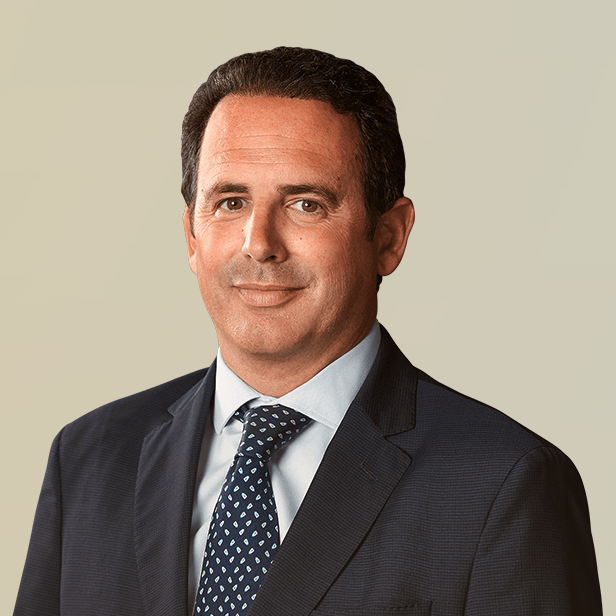
I take an active role in every stage of the transaction process in order to achieve the goals of my clients.
Iván Marina
Managing Director | CEO Spain
MadridRelated Perspectives in Capital Advisory in the United States

Packaging Quarterly Review Q2 2024
Over the last several years, the packaging industry has undergone significant transformations driven by rapid advancements in technology. From the introduction of innovative materials and sustainable practices to automation and… Read More

Investors in Healthcare | Q&A with Lincoln Professionals
Originally posted by Investors in Healthcare on July 25, 2024. Lincoln International, the U.S.-headquartered global investment banking advisor, is a well-known name in the European healthcare markets, providing advice to… Read More

Industrials Strength: Acceleration in Global Industrials M&A
Lincoln Industrials closed 28 transactions globally thus far in 2024. Across our industrials offering – from aerospace and defense to mobility, engineered components to building products, and infrastructure to specialty… Read More

Facilities Services Market Update Q2 2024
After a series of declining quarters since 2021, Q2 2024 marks the third consecutive quarter of mergers and acquisitions (M&A) activity growth, with ~7,300 deals closed, according to S&P Global.… Read More
Related Perspectives in Capital Advisory

Real Deals | Roundtable: Mid-Market Debt Open for Business
Originally posted by Real Deals on July 17, 2024. Dividend recaps are being considered as an interim solution to deliver capital to limited partners due to fewer exits and improving… Read More

BeBeez | Megadeal, Is the Train Starting Again?
Originally posted by BeBeez on July 1, 2024. Increased stabilization of rates and decreased debt market volatility have led to a series of high-yield bonds being issued in Europe. Refinancing… Read More

Silent Defaults in Private Credit: The Unspoken Struggle
A meaningful percentage of borrowers are facing challenges as base rates remain stubbornly high for longer. While companies are demonstrating consistent performance, many are experiencing liquidity constraints. Despite private credit… Read More

LevFin Insights | U.S. Private Credit: Devil in the Default Details—Amendments, LMEs Mask Private Credit Default Rate, Lincoln Data Show
Originally posted by LevFin Insights on June 26, 2024. Inflated interest rates and increased financial pressures on private companies have triggered a rise in creative approaches to avoid defaults. According… Read More


